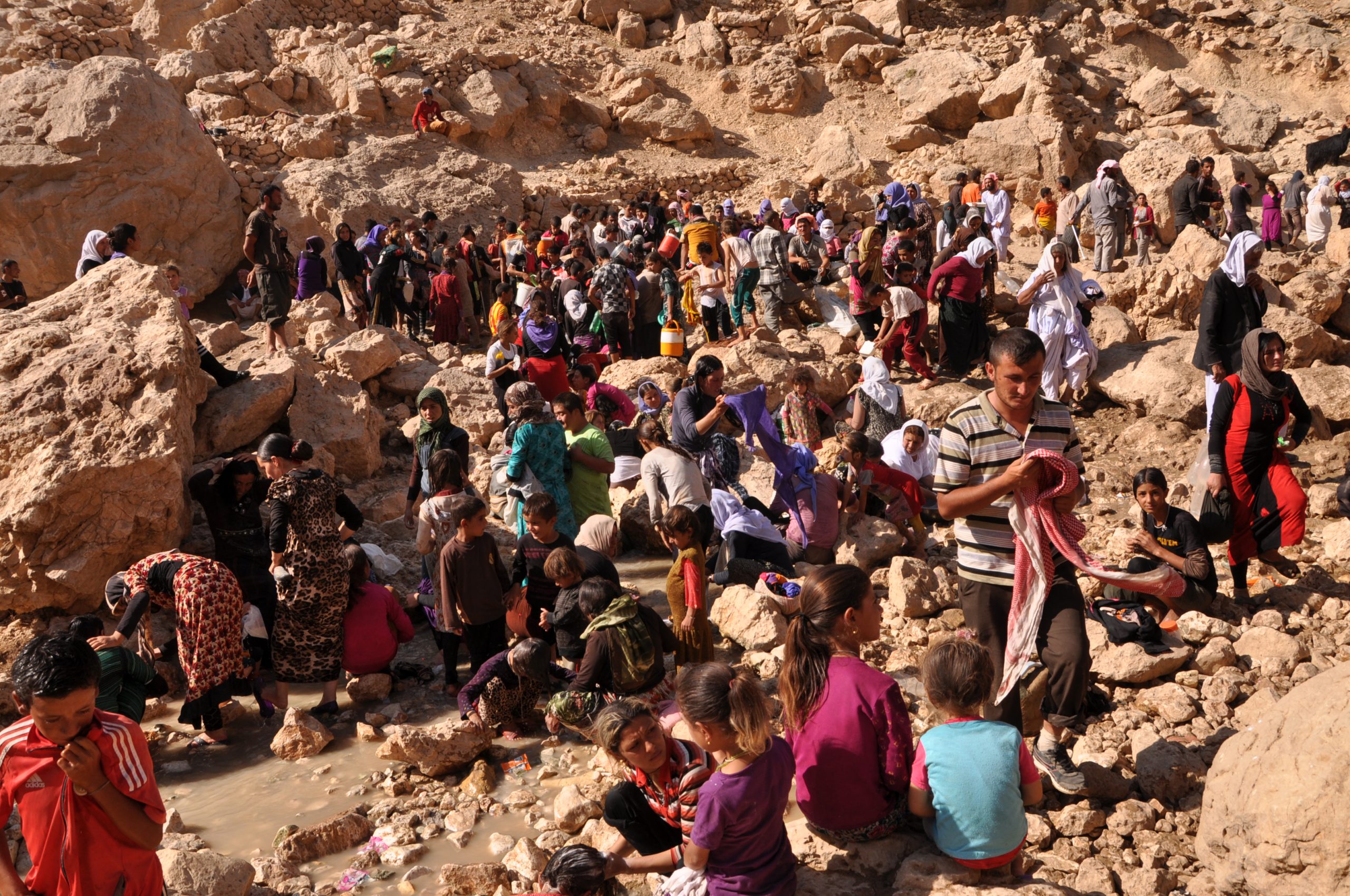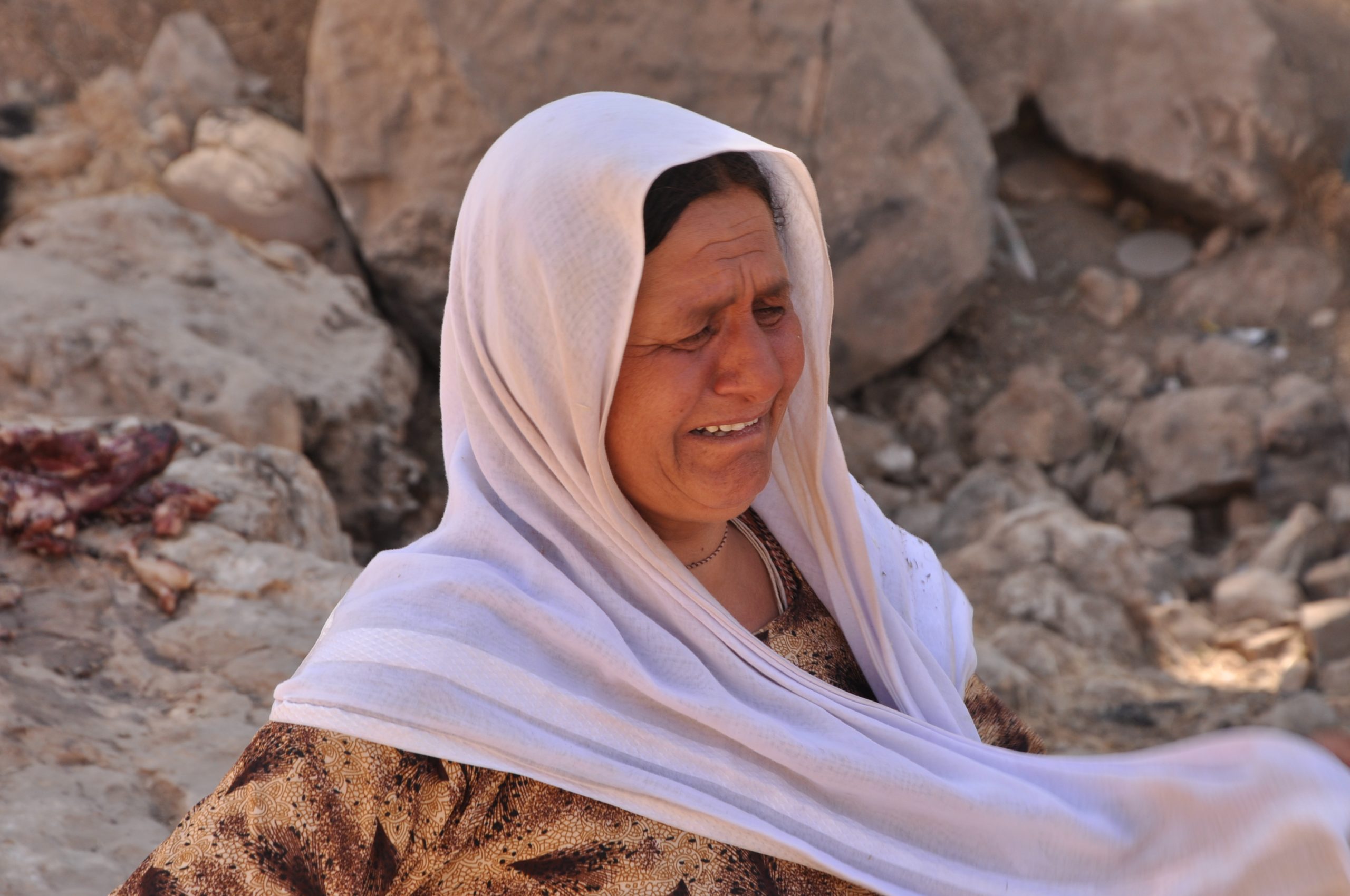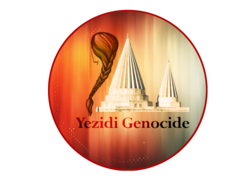EZIDI GENOCIDE
Yezidism is one of the oldest religions and belief systems in the Middle East, carrying a cultural, moral, and historical legacy that spans thousands of years. Over the course of their history, Yezidis have been subjected to 73 genocidal campaigns. Yet, they continue to survive, resist, and protect their faith. Today, a large portion of the Yezidi population still lives in Iraq’s Duhok and Mosul provinces.
According to the Iraqi Constitution, the Şingal region is officially part of Mosul province. After the fall of Saddam Hussein’s regime, the legal and political status of Şingal became highly contested. Article 140 of the Iraqi Constitution outlines how such disputed territories should be resolved. Following the collapse of the Ba’ath regime, both Iraqi forces and KDP-affiliated Peshmerga took over security control of the area.
In 2014, when ISIS launched its invasion, both Iraqi and KDP forces withdrew from Şingal and Mosul, leaving the Yezidi population completely unprotected. This abandonment directly enabled what is now recognized by the Yezidis as the 74th genocide. Thousands of Yezidis who refused to renounce their faith were executed, buried alive, or forced into exile. Yezidi women and children were sold in slave markets and subjected to brutal violence and humiliation. Many Yezidi women took their own lives to avoid the abuse. Thousands of Yezidi women and children remain missing, with some still believed to be in ISIS captivity.
One year after the massacre, survivors in the Serdeşt region of Mount Şingal established a local council. In 2017, the Democratic and Autonomous Assembly of Şingal was officially formed. Since then, this structure has worked to protect Şingal—culturally, politically, militarily—and to rebuild the region from destruction. Thanks to the Autonomous Administration, large portions of Şingal have been restored and brought under local governance.
Despite these efforts, the right to self-governance for the Yezidi people has still not been formally recognized. While the Iraqi Constitution guarantees self-administration rights for ethnic and religious minorities, the Yezidi community continues to be denied official status. This lack of recognition leaves them exposed to further genocidal threats. Thousands remain unable to return to their lands and properties.
We know that if Şingal is lost, Yezidism may vanish as well. The Yezidi community continues to face the threat of both cultural and physical annihilation. To prevent future attacks and safeguard Yezidi existence, the Iraqi state must formally recognize their right to protection and self-determination under the Iraqi Constitution. Moral and financial reparations must be ensured. All those still missing in ISIS captivity must be rescued. Şingal must be fully rebuilt and provided with essential public services.
For these reasons, we launched this campaign on March 13, 2024—the anniversary of Şingal’s liberation. Our goal is to generate international attention and secure global support for these demands.
Under the name #YezidiGenocide, our campaign is being conducted both digitally and through on-the-ground mobilization in Kurdistan, Iraq, and around the world. We call on all Yezidis in Kurdistan, Iraq, and the diaspora—as well as human rights defenders and advocates of peace everywhere—to join us.
The Democratic and Autonomous Council of Şingal


